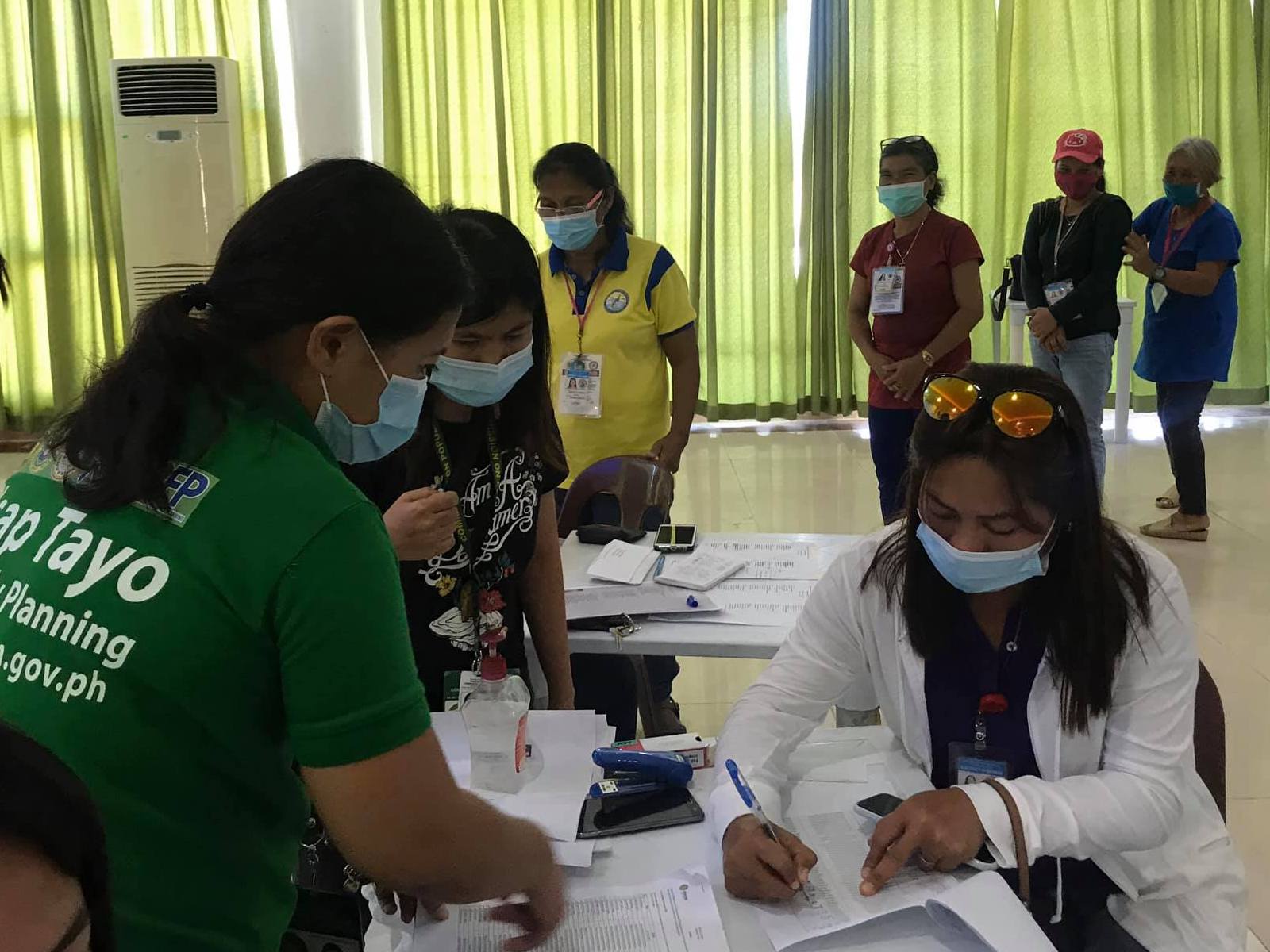The Commission on Population and Development (POPCOM) is calling on all local government units (LGUs) to immediately organize barangay-based contact tracing-teams, as overseas Filipinos and locally stranded individuals steadily return to their hometowns.
“City and municipal mayors should prioritize the organization of local contact-tracing teams based on the Joint Memorandum Circular (JMC) 2020-01 of POPCOM, the National Economic and Development Authority, Department of Health (DOH) and Department of the Interior and Local Government issued on Apr. 30, which prioritizes barangays where COVID-19-positive individuals reside,” said POPCOM Executive Director Dr. Juan A. Perez III, a co-signatory to the JMC.
Based on the JMC, mayors with Covid-19-stricken constituents can mobilize the 200,000-strong barangay health workers across the Philippines, about 10,000 population volunteers nationwide, the barangay police officers or “tanods,” and other local volunteers to conduct contact tracing under the supervision of city, as well as municipal epidemiology and surveillance units.
Perez confirmed that LGUs without such units can request their provincial governors, as well as regional offices of DOH and POPCOM, for technical assistance, as stated in the JMC.
“Contact-tracing teams should already be in barangays without confirmed cases but with suspected cases, since they are the kind which may eventually turn positive,” the undersecretary said.
NO TIME TO WAIT FOR HIRING
Suspected cases under the JMC are those with fever, influenza-like illness or with respiratory distress, which are the early signs of COVID-19. They can be detected by the contact-tracing teams. Under supervision of local health officers, these suspected cases should be prioritized for confirmatory testing.
After testing, the POPCOM chief explained suspects would then be classified as “probable cases.” Suspected and probable cases should be under quarantine until the test is returned.
Positive cases, according to Perez, will be under health monitoring, depending on the severity of the patient’s condition, while negative cases can be removed from quarantine orders.
He said barangay health and population volunteers regularly visit every house in their barangays to deliver health messages and services. With the onset of community quarantines since March, these volunteers have been delivering contraceptives to family planning clients who cannot leave their homes.
Perez called for this immediate action, as “we cannot wait for the hiring of professional or untrained contact tracers. Health and population volunteers can do the job, and, as anticipated in the JMC, with support for the hazardous work they do, and through appropriate logistical support from national agencies and local governments.”
QUOTING THE JMC
Citing the JMC, under (V) Strategic Actions, Mobilization of Local City and Municipal Structures into Local Epidemiology and Contact Tracing Teams (LECTT) by LCEs: “For purposes of validating and using the demographic data for the planning and implementation of pandemic response, the LGUs may mobilize their local health and epidemiology offices and population offices to assist and supervise the conduct of contact tracing and other epidemiologic and population-related tasks.”
Moreover, the section in the JMC stated, “Local health and population officers and workers, barangay-based population and health workers shall be tapped for this purpose, with the support of barangay public safety officers (BPSOs)/”tanods” and local police. Population officers and workers and other non-health LGU personnel and volunteers mobilized for this purpose shall be considered public health workers… LCEs shall ensure proper support for the safety and health of these LECTTs at all times in the field.”


